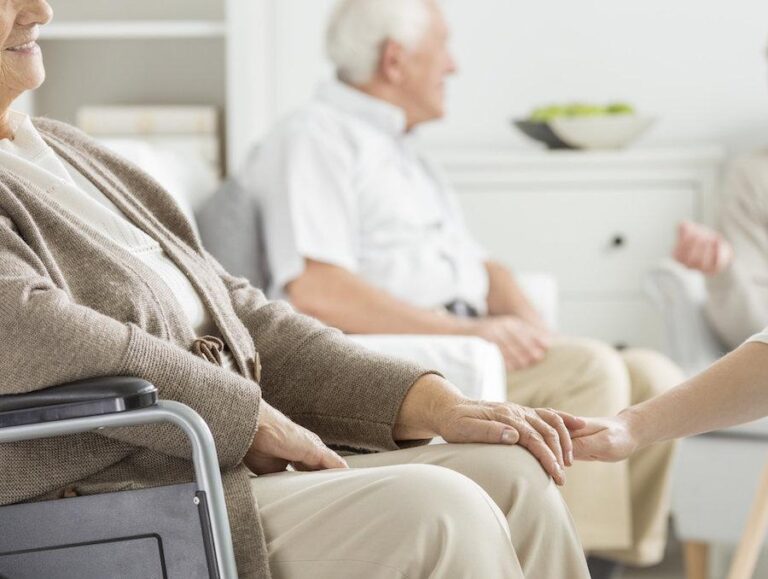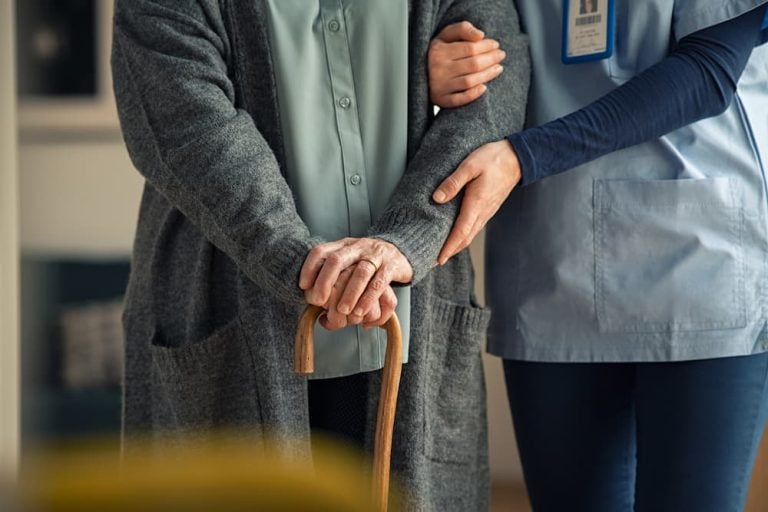In a society that values care and compassion, the statistics surrounding nursing home abuse are both shocking and disheartening. As advocates for justice and the well-being of our elderly loved ones, it’s crucial to shed light on the prevalence of abuse within nursing homes. In this blog post, we delve into the concerning statistics that highlight the magnitude of the issue and underscore the urgent need for action.
1. The Scope of the Problem: Recent studies reveal that a staggering 1 in 10 residents in American Nursing Homes have fallen victim to abuse. This alarming figure emphasizes the widespread nature of the issue and the urgent need for increased awareness and intervention.
2. Reporting of Abuse: One study has shown that roughly only 1 out of 24 cases of abuse are ever reported to the authorities.
3. Prevalence in Assisted Living Facilities: Almost 85% of assisted living facilities have reported at least one case of abuse or neglect. This statistic highlights that abuse is not isolated to a few unfortunate cases but is a pervasive problem affecting a majority of these care facilities.
4. Impact of the Covid-19 Pandemic: Disturbingly, elder abuse rates have increased since the onset of the Covid-19 pandemic. The isolation and disruptions caused by the pandemic have created an environment where vulnerable residents may be more susceptible to mistreatment.
5. Breakdown of Nursing Home Abuse (2018 National Center for Victims of Crime):
· Physical Abuse: 29%
· Resident on Resident Abuse (physical or sexual): 22%
· Psychological Abuse: 21%
· Gross Neglect: 14%
· Sexual Abuse: 7%
· Financial Exploitation: 7%
These percentages provide a detailed insight into the various forms of abuse prevalent within nursing homes, emphasizing the need for comprehensive prevention and intervention strategies.
6. CDC Stats (2018):
· Number of Nursing Homes: 15,600
· Proportion of nursing homes with for-profit ownership: 70%
· Number of licensed beds: 1.7 Million
Understanding the scale of the nursing home industry and the prevalence of for-profit ownership underscores the importance of addressing systemic issues that may contribute to the occurrence of abuse.
By examining these alarming statistics, we take a critical step toward addressing the pervasive issue of nursing home abuse. It is incumbent upon us as a society to advocate for better oversight, increased awareness, and improved training within these care facilities. If you suspect or have witnessed nursing home abuse, speaking up and seeking legal assistance are vital actions towards creating a safer and more compassionate environment for our elderly loved ones. Together, we can work towards ensuring the well-being and dignity of our seniors.
How can I tell if my loved ones are experiencing nursing home abuse?
Given the statistics we’ve discussed in this article, everyone with relatives in a nursing home needs to look out for indicators of abuse. Unfortunately, these signs aren’t always obvious. To ensure you can put a stop to any abuse before it worsens, keep an eye out for:
- Physical impacts: Bruises, broken bones, and cuts are telltale signs of abuse. They don’t always indicate intentional abuse; repeat instances of physical injuries could also point to negligence.
- Health issues: Your chosen nursing home has a duty to keep your loved one in good health. If your relative is malnourished, dehydrated, or contracts a sexually transmitted disease, they may be experiencing abuse.
- Sudden depressive episodes: People who have been abused may experience sudden mood changes with little explanation. Depression is one of the most common reactions to mistreatment, particularly with emotional abuse.
- Withdrawal from social life: If your relative is usually outgoing but suddenly withdraws from social life, it may be a response to mistreatment. This reaction is typical for victims of emotional and sexual abuse.
- Unexplained bank withdrawals: Elderly people, particularly those suffering from dementia, are more susceptible to financial manipulation than most. For this reason, it’s a good idea to keep an eye on your relative’s bank accounts during their nursing home stay. If you notice any unexplained financial changes, ask your loved one what happened.
- Claims of abuse: Sadly, many nursing home abuse victims are ignored. When they speak up about mistreatment, they’re often shut down by their relatives or treated as overly sensitive. If your loved one ever claims that they’ve been abused, take it seriously.
Keep in mind that these signs do not definitively prove abuse. They merely signal that it’s time to pay closer attention. If you feel that a relative is being abused at a nursing home, call a lawyer immediately and remove them from the situation.


